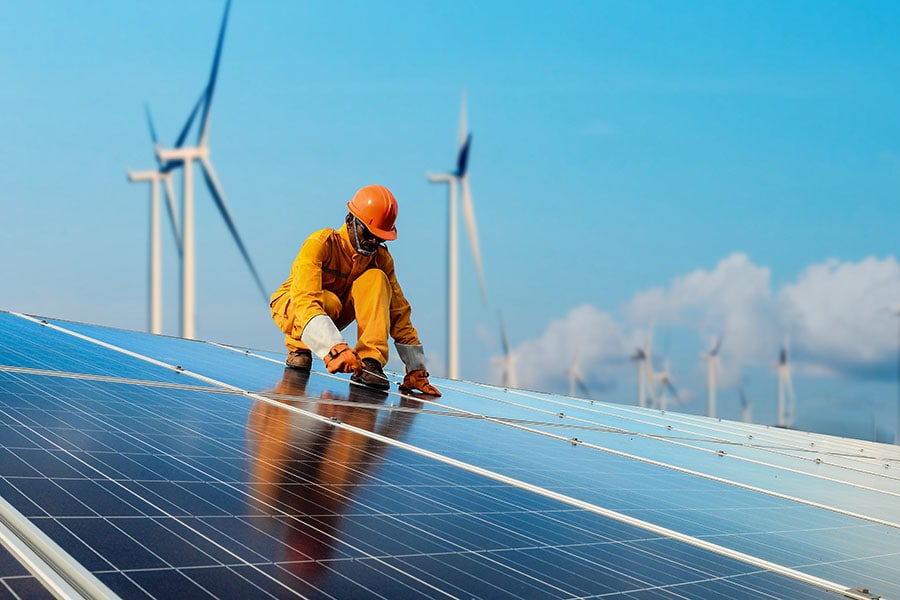Los precios de la energía son altamente sensibles a los acontecimientos geopolíticos. A medida que el mundo se vuelve más interconectado, los conflictos entre países o dentro de regiones pueden generar efectos en cadena en los mercados energéticos globales. Esta dinámica se basa tanto en el suministro físico como en las expectativas psicológicas, lo que provoca volatilidad en los precios incluso sin interrupciones reales.
Fundamental Mechanisms of Influence
Geopolitical conflicts usually impact energy prices through two main channels: interruptions in physical supply and market sentiment. Physical disruptions occur when there is interference with the production, transportation, or export of energy resources such as oil, natural gas, or coal. Even if direct supply remains stable, uncertainties arising from tensions can lead to speculative trading and risk premiums.
For instance, the Strait of Hormuz—a narrow maritime passage in the Persian Gulf—handles approximately 20% of the world’s oil distribution. When tensions escalate in this region, such as the U.S.-Iran clash in 2019, market participants anticipate possible interruptions or attacks on oil tankers. Prices respond quickly, even though most of the oil continues to flow without hindrance.
Historical Illustrations
The 1973 Oil Embargo: In October 1973, several Arab countries imposed an oil embargo targeted at nations supporting Israel. This led to a quadrupling of oil prices in a matter of months. Western economies experienced inflation, fuel shortages, and economic downturns. This event highlighted how geopolitical leverage in energy-rich regions could destabilize markets far beyond the immediate area.
Ukraine Conflict (2014 & 2022): Russia stands as a significant provider of natural gas to Europe. During both 2014 and 2022, military confrontations in Ukraine and rising tensions prompted Russia to either reduce or threaten the reduction of gas exports. European nations experienced a sharp increase in natural gas prices, compelling them to find other suppliers and enhance their LNG (liquefied natural gas) capabilities. The heightened conflict in 2022, following Russia’s invasion, intensified a worldwide energy crisis, with oil and gas prices hitting their highest in years, unsettling economies dependent on imported energy resources.
The Gulf War (1990-1991): The invasion of Kuwait by Iraq resulted in turmoil within the oil industry. Although the disturbance was short-lived due to the military intervention led by the United States, the unpredictability caused prices to escalate from approximately $15 per barrel to over $35. Strategic stockpiles were utilized, and OPEC adjusted production, emphasizing the crucial nature of international collaboration during such emergencies.
The Impact of OPEC and Changes in Energy Markets
Furthermore, producers outside OPEC, like the United States and Russia, adjust their approaches in response to geopolitical changes. For instance, when instability occurs in the Middle East, U.S. shale companies have increased their output to take advantage of elevated prices, even though this typically requires several months to come to fruition.
Effects on Psychology and Speculation
Energy markets respond not just to real-time supply and demand, but also to the expectations of upcoming events. Traders, using sophisticated financial tools like futures and options, have the potential to exaggerate price fluctuations when affected by geopolitical news. These speculative actions can, for a short period, detach prices from tangible fundamentals, leading to increased volatility.
Consider the case of the drone attacks on the Saudi Aramco facilities in September 2019. The physical damage immediately reduced Saudi oil production by half, however, the psychological impact resulted in a rapid 15% increase in worldwide oil prices, representing the largest one-day percentage jump in several years. The situation was resolved within a few weeks, yet investors remained wary of possible disruptions in the future.
Economic and Social Consequences
Rising energy expenses due to global geopolitical tensions affect countries differently based on their status as net importers or exporters. For countries dependent on energy imports, such as Japan and many European nations, higher energy prices reduce disposable income, increase production costs, and strain trade balances. This situation often leads to inflation, stricter policies, and potential social and political unrest, similar to what occurred during the French gilets jaunes demonstrations related to the increase in fuel taxes.
Conversely, producing nations may benefit from windfall revenues, although these gains can be offset by instability or sanctions limiting their ability to trade freely. The energy price shocks caused by conflict often prompt governments to reevaluate their strategic reserves, diversify import sources, or accelerate the transition to renewables.
Future Outlook and Adaptation Strategies
The continuous presence of geopolitical threats indicates that energy markets are unlikely to reach full stability in the near future. Countries with significant reliance on energy are pursuing diversification, focusing on both suppliers and energy types, to decrease their susceptibility. Initiatives supporting local output, strategic reserves, and the growth of renewable sources are direct results of past challenges.
Efforts to insulate local economies from external shocks include liquefied natural gas terminals, cross-border pipelines, and enhanced energy efficiency regulations. On a global scale, improved transparency and information sharing might mitigate panic-driven price spikes, but the fundamental link between geopolitics and energy pricing will remain.
Energy costs act as both an indicator and a driving force during times of geopolitical unrest. Although market systems and policy measures provide some stability, the complex relationship between politics and energy guarantees that price fluctuations will keep influencing choices at every level—from individual households to national governments—for a long time to come.





